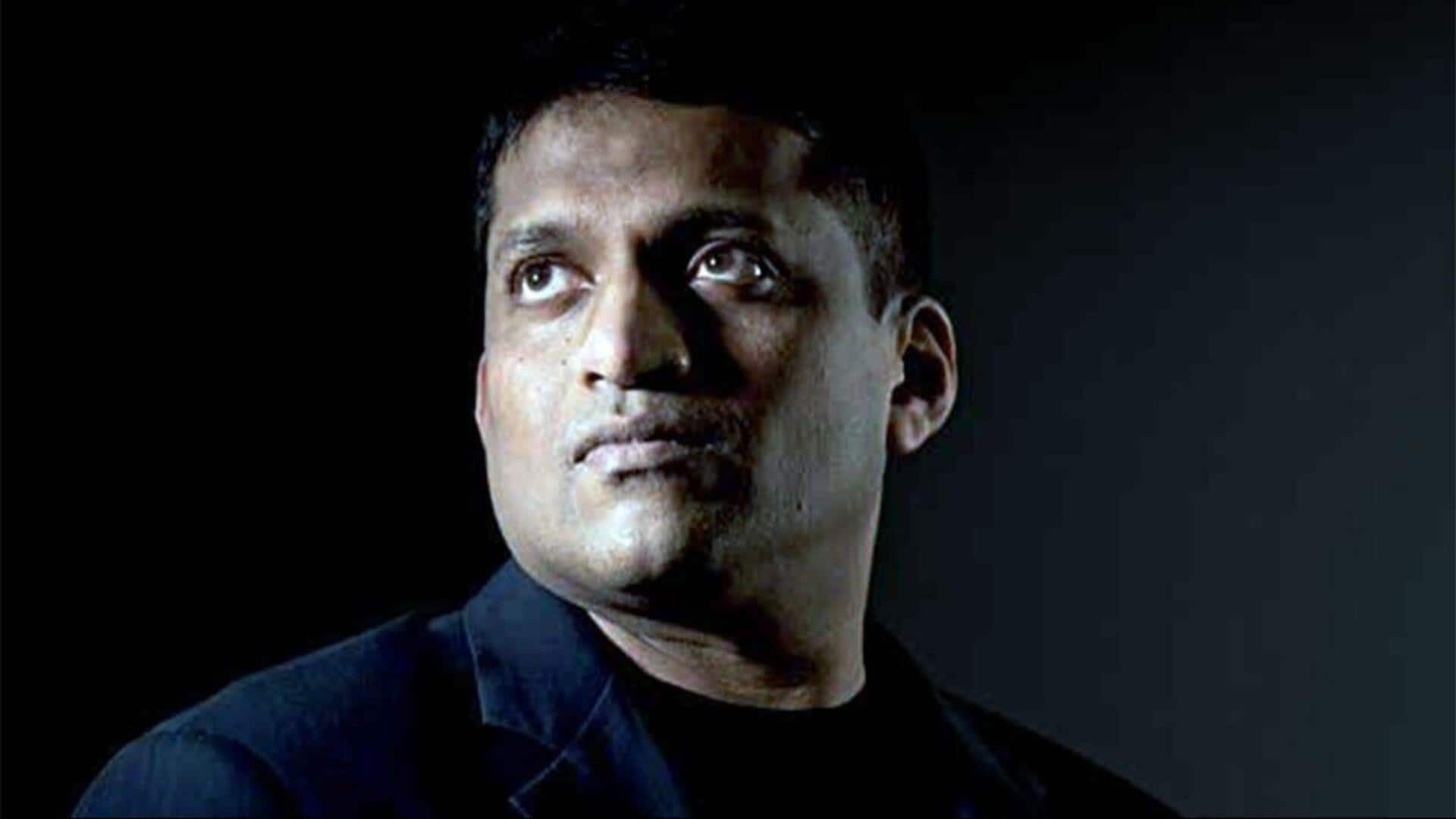
Why a US court ordered Byju Raveendran to pay $1B
What's the story
A US court has ordered Byju Raveendran, the founder and CEO of edtech giant BYJU'S, to personally pay more than $1 billion. The ruling was made by the Delaware Bankruptcy Court. It came after a petition was filed by BYJU'S Alpha and GLAS Trust Company LLC, a US-based lender. The court found that Raveendran had been evasive and failed to comply with its discovery order on multiple occasions.
Specifics
Judgment details and requirements
The court's judgment stated, "The court will enter default judgment against Defendant Raveendran...in the amount of $533,000,000, and on Counts II, V and VI in the amount of $540,647,109.29." It also directed Raveendran to provide a complete accounting of the Alpha Funds and any proceeds thereof. This includes details like Camshaft LP Interest and subsequent transfers or proceeds related to them.
Loan details
BYJU'S Alpha's loan and alleged violations
BYJU'S Alpha was incorporated during Raveendran's tenure at Think and Learn Private Ltd (TLPL), the parent company of BYJU'S. TLPL had taken a $1 billion Term Loan B from US-based lenders, who later accused BYJU'S Alpha of violating loan terms. They claimed that $533 million out of the total debt was illegally transferred out of the US.
Trust involvement
GLAS Trust's role and court's ruling
GLAS Trust took the matter to a Delaware court and got an order to take control of BYJU'S Alpha. Both BYJU'S Alpha and GLAS Trust sought discovery of the $533 million and related transactions from the Delaware Bankruptcy Court. The court found that Raveendran was aware of this discovery order but chose not to comply with it, issuing a contempt order in the matter.
Sanction
Court's rejection of Raveendran's argument
The court rejected Raveendran's argument that GLAS Trust could access documents through BYJU'S Alpha's books. It found no evidence to support this claim. The court also noted a pattern of willful non-compliance with discovery on Raveendran's part and has already found him in contempt of prior discovery orders. Sanctions of $10,000 per day have been imposed until he purges his contempt but remain unpaid and ineffective.